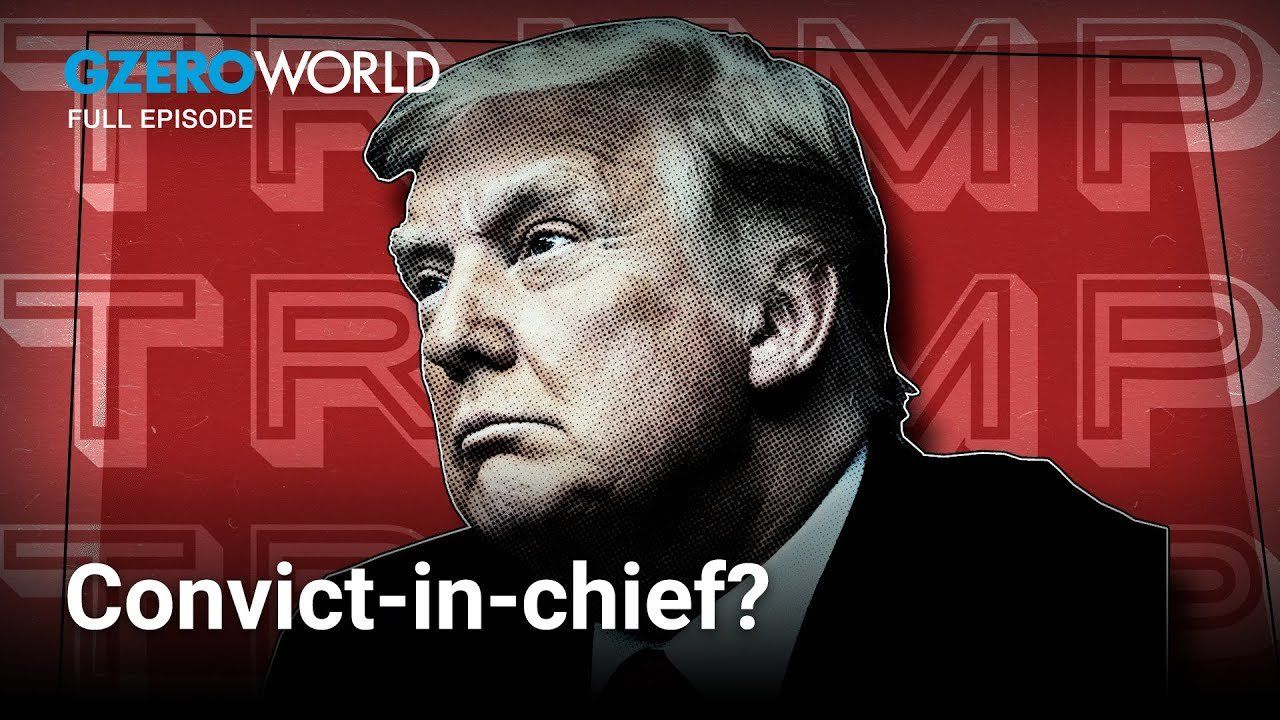
Just days after former President Donald Trump’s historic felony conviction, Ian Bremmer sits down with the New Yorker’s Susan Glasser and former US Attorney Preet Bharara to discuss the impact of the verdict conviction on the 2024 election and democracy itself.
What does Donald Trump’s historic criminal conviction mean for the 2024 election and for democracy itself? As the first US president to be convicted of a crime, Trump’s 34 felony counts have stirred significant political and legal turmoil, with many in his party faithful choosing the former president over the justice system. "The GOP's revisionist history on the trial has already begun," Glasser tells Bremmer. Bharara also underscores the trial’s legitimacy, stating, "It was an open and fair proceeding. There was a judge who ruled often for the prosecution, but often as well for Donald Trump's side."In a wide-ranging conversation that looks ahead to the pivotal months to come, Glasser emphasizes the broader implications of Trump's conviction on democratic institutions, pointing out, "The party has essentially mortgaged itself to the fate of one individual."Bharara addresses the allegations of political motivation behind the trial, telling Ian, "The accusations that some folks on the Trump side are making about how this was a politicized witch hunt, it was preordained, all of that" is a dangerous game. Bharara also highlights the gravity of the situation, saying, "There are people on the progressive side, on the Biden side who think that democracy is in danger. I'm one of those people." Glasser echoes this concern, reflecting on Trump's impact on elections, "What Trump tried to do in 2020 as well as 2016 was to nullify the votes of an election and therefore of the people, the masses' votes, not the individuals."
Both guests underscore the critical crossroads at which American democracy stands and the profound consequences of Trump's conviction for the upcoming election. Whether or not Trump wins in November is an open question. So, too, is the fate of our democratic institutions.